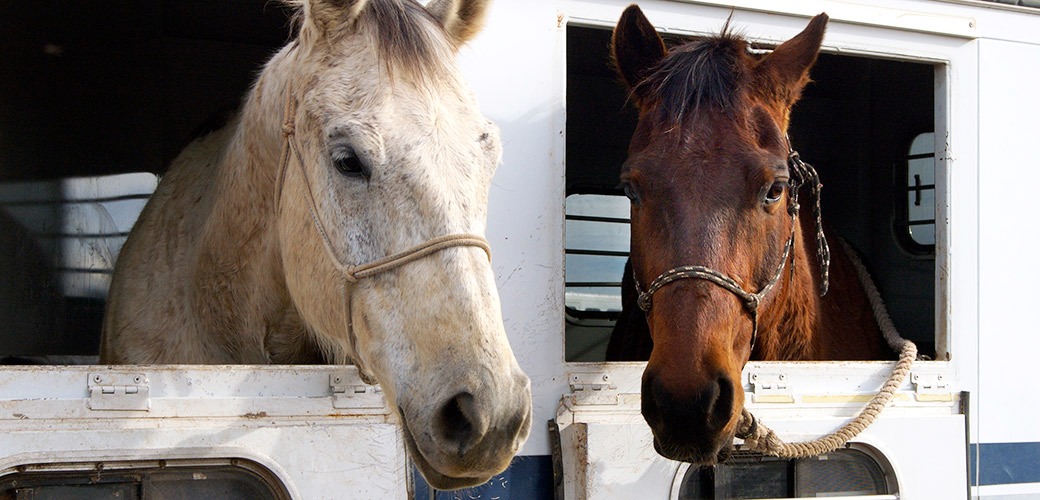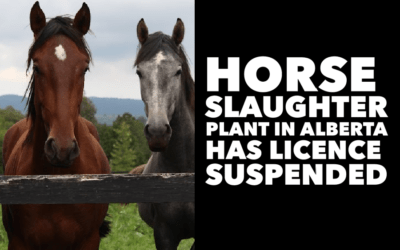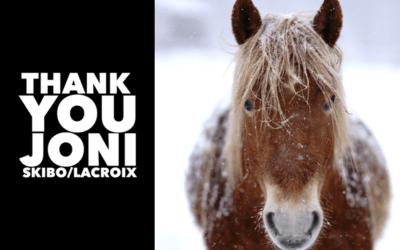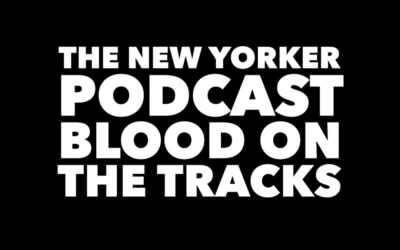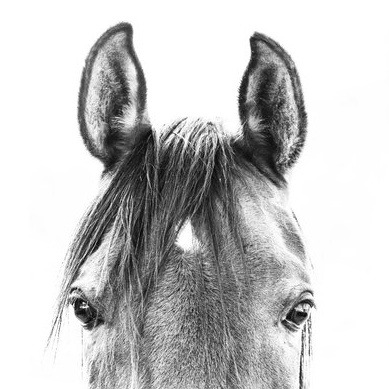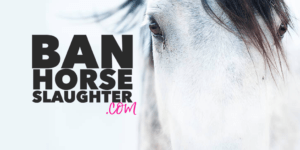Last year, approximately 80,000 American horses were trucked over our borders (to Canada and Mexico) to be slaughtered for human consumption. Until this practice is banned and Congress passes a law against slaughter here in the U.S., no horse is safe.
The term “horse slaughter” refers exclusively to the killing and processing of horses for human consumption. Horse slaughter is NOT humane euthanasia.
While “euthanasia” is defined as a gentle, painless death provided in order to prevent suffering, slaughter is a brutal and terrifying end for horses.
The methods used to kill horses rarely result in quick, painless deaths for these animals
and sometimes they even remain conscious during dismemberment.
Horses bound for slaughter (who may include pregnant mares, foals and horses who are injured or blind) are commonly shipped for more than 24 hours at a time in crowded trucks without food, water or rest.
Horse Slaughter in the United States
The last three U.S. slaughterhouses—two in Texas and one in Illinois, all foreign-owned—were shuttered in 2007. In 2006, these facilities killed and processed more than 104,000 horses for human consumption, shipping the meat overseas.
Slaughterhouses are not clean or green enterprises and these facilities have proved to be environmentally damaging as well as economically draining to the communities that have housed them. It is clear that states with experience hosting horse slaughter facilities do not want them back: Texas and Illinois have implemented laws that specifically ban selling, giving and possessing horse meat intended for human consumption.
Horse Slaughter Abroad
Looking at data from 2012 to 2016, an average of 137,000 American horses were trucked over our borders each year to slaughter facilities in Mexico and Canada. In 2017, that number dipped to just under 80,000. Reopening slaughterhouses in America is not the answer to ending this form of cruelty.
In fact, even when horse slaughter facilities operated in the United States, tens of thousands of American horses were still exported to other countries for slaughter.
Additionally, long-distance transport is an inherent aspect of this industry. Given the vast geography of the U.S., any transport of American horses to slaughter—within or outside the U.S.—will be long and brutal.
The Future
Until a ban is in place, every American horse is at risk of meeting this fate. Fortunately, in January 2019 the Safeguard American Food Exports (SAFE) Act (H.R. 961) was introduced in the U.S. House of Representatives. The bill would prohibit the slaughter of horses for human consumption in the United States and ban their export abroad for that purpose—but we need your help to ensure Congress passes this important legislation.
No Results Found
The page you requested could not be found. Try refining your search, or use the navigation above to locate the post.

T-SHIRTS IN SUPPORT OF HORSE RESCUE FUND
LIMITED TIME OFFER FREE SHIPPING CANADA & USA
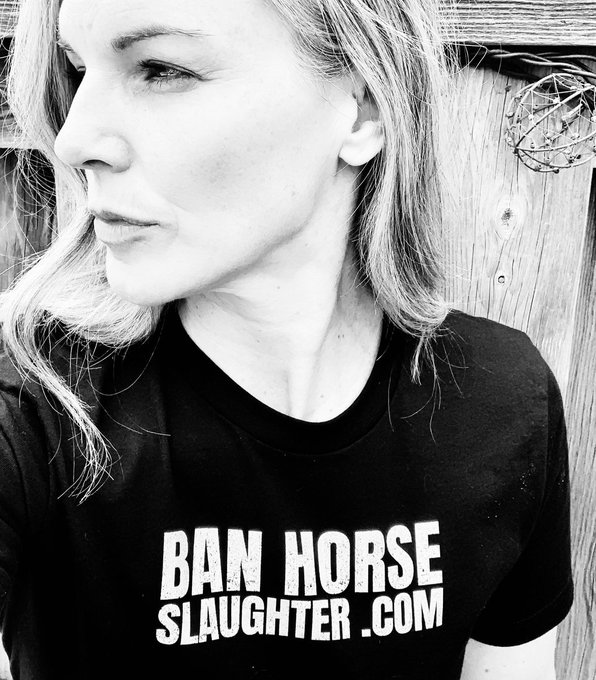
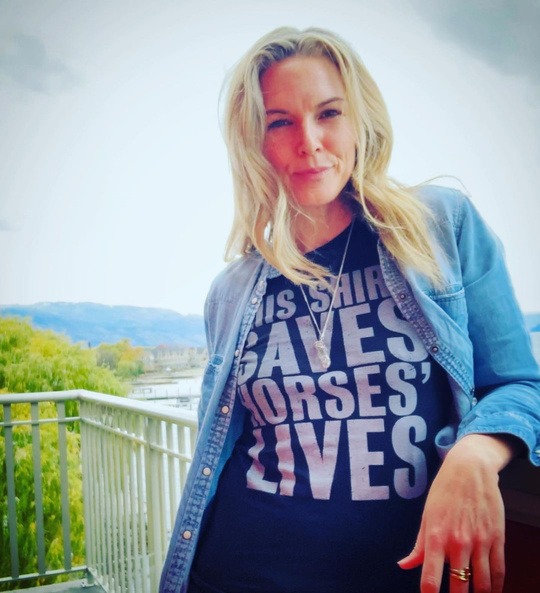
CANADA SLAUGHTERS HORSES FOR HUMAN CONSUMPTION
It may be hard for some to believe that tens of thousands of horses, including pets, are routinely slaughtered in Canada, for human consumption.
Some of the meat is consumed in Canada and much of it is shipped to the European Union and other markets, including Japan.
The barbaric slaughter of horses is currently not legal in the United States, BUT horses, including pets and ex-racehorses, from the United States are shipped to Canada and to Mexico to be slaughtered.
In addition Canada allows for the transportation of live horses to Japan, to be slaughtered for human consumption, and unfortunately the transportation of horses destined for slaughter within Canada, and by air, is far from humane.
BOUVRY EXPORTS HORSE SLAUGHTER PLANT LICENCE SUSPENDED
BOUVRY EXPORTS (HORSE SLAUGHTER PLANT) LICENCE SUSPENDEDRead the full "report" from the Canadian Food Inspection Agency here While the suspension is in effect, the licence holder may not conduct any activity for which licence #3H7GFH7D was issued.By Liam Nixon Global...
JONI
THANK YOU JONI SKIBO LACROIXWe regularly state how we love and admire keyboard warriors, and we constantly remind keyboard warriors of how valuable they are. One of our favourite keyboard warriors tirelessly advocates for the banning of horse slaughter on Twitter —...
THE NEW YORKER PODCAST “BLOOD ON THE TRACKS”
CAN HORSE RACING SURVIVE? In a time of changing sensitivities, an ancient sport struggles to justify itself.In 2019, dozens of thoroughbreds died at California’s Santa Anita Park. As outrage built, the industry was forced to contend with an existential question: Is...

